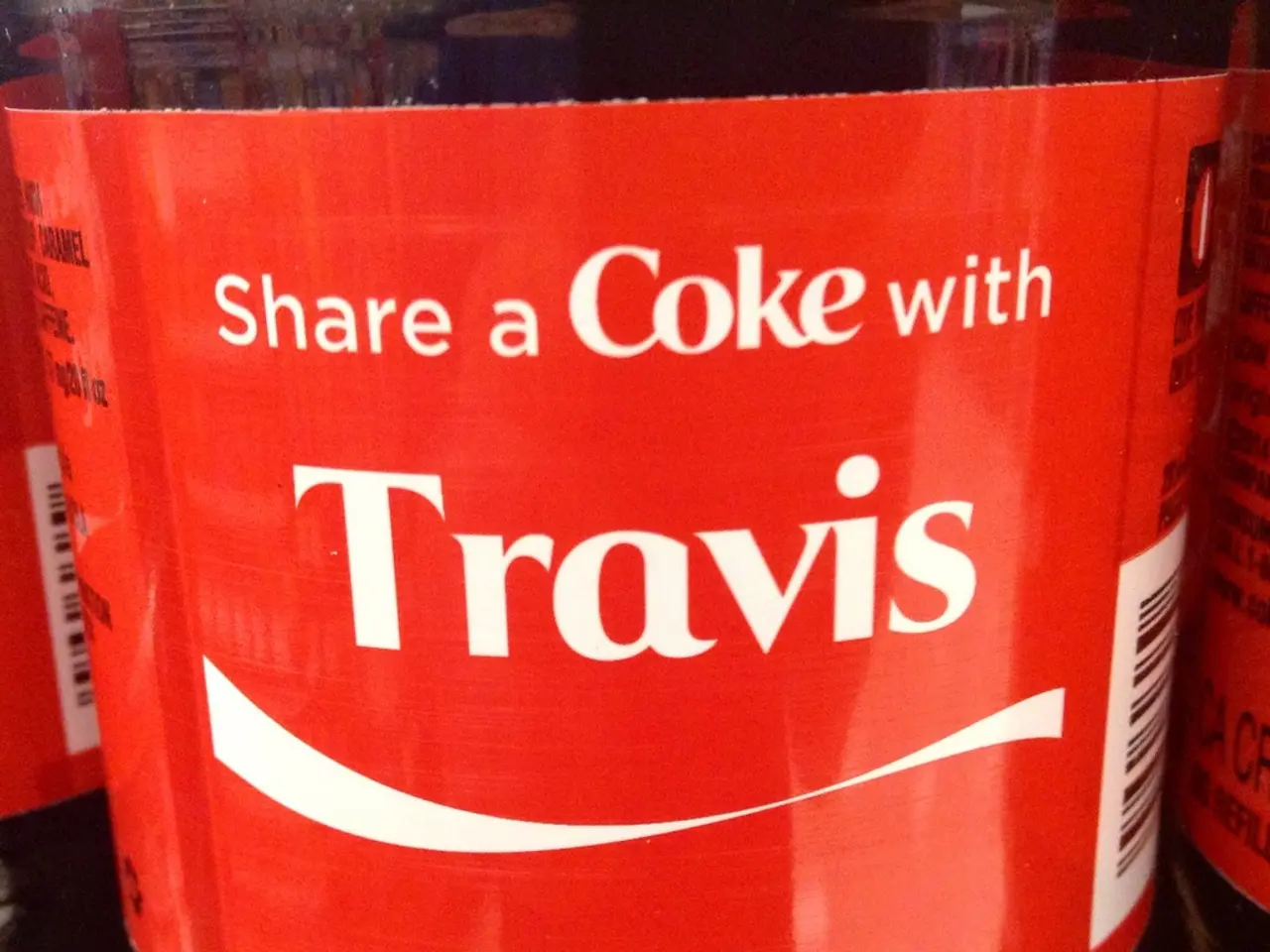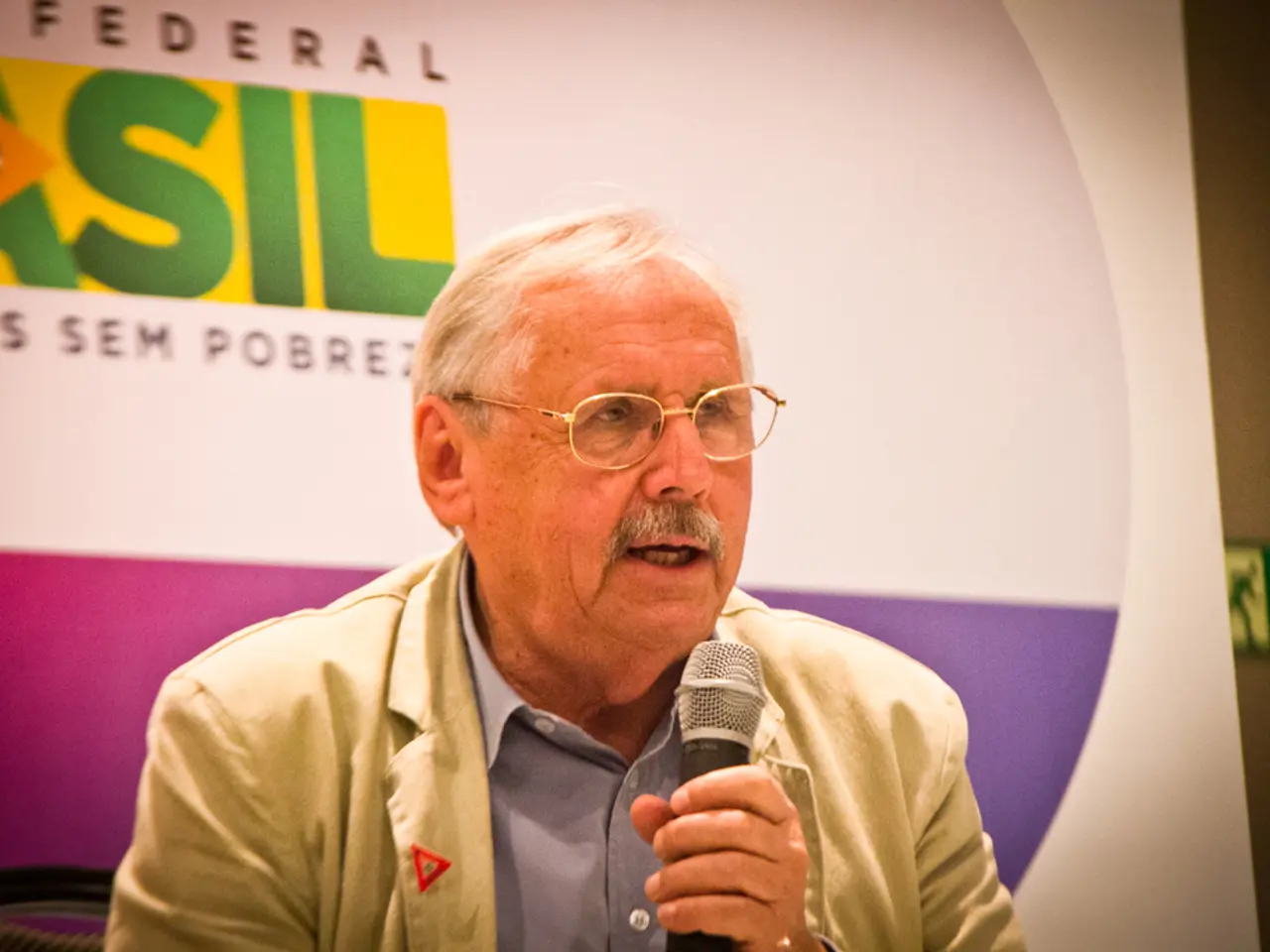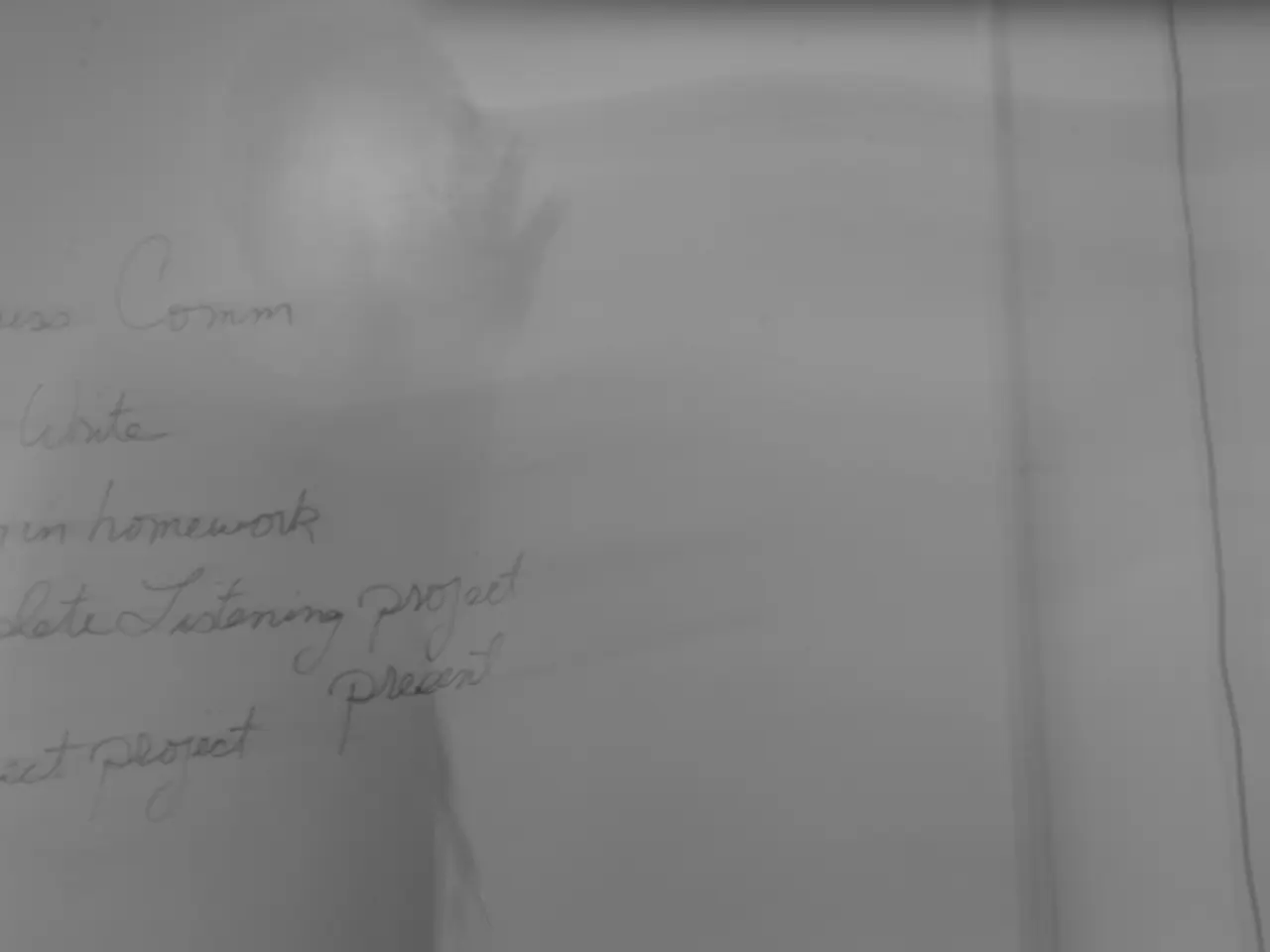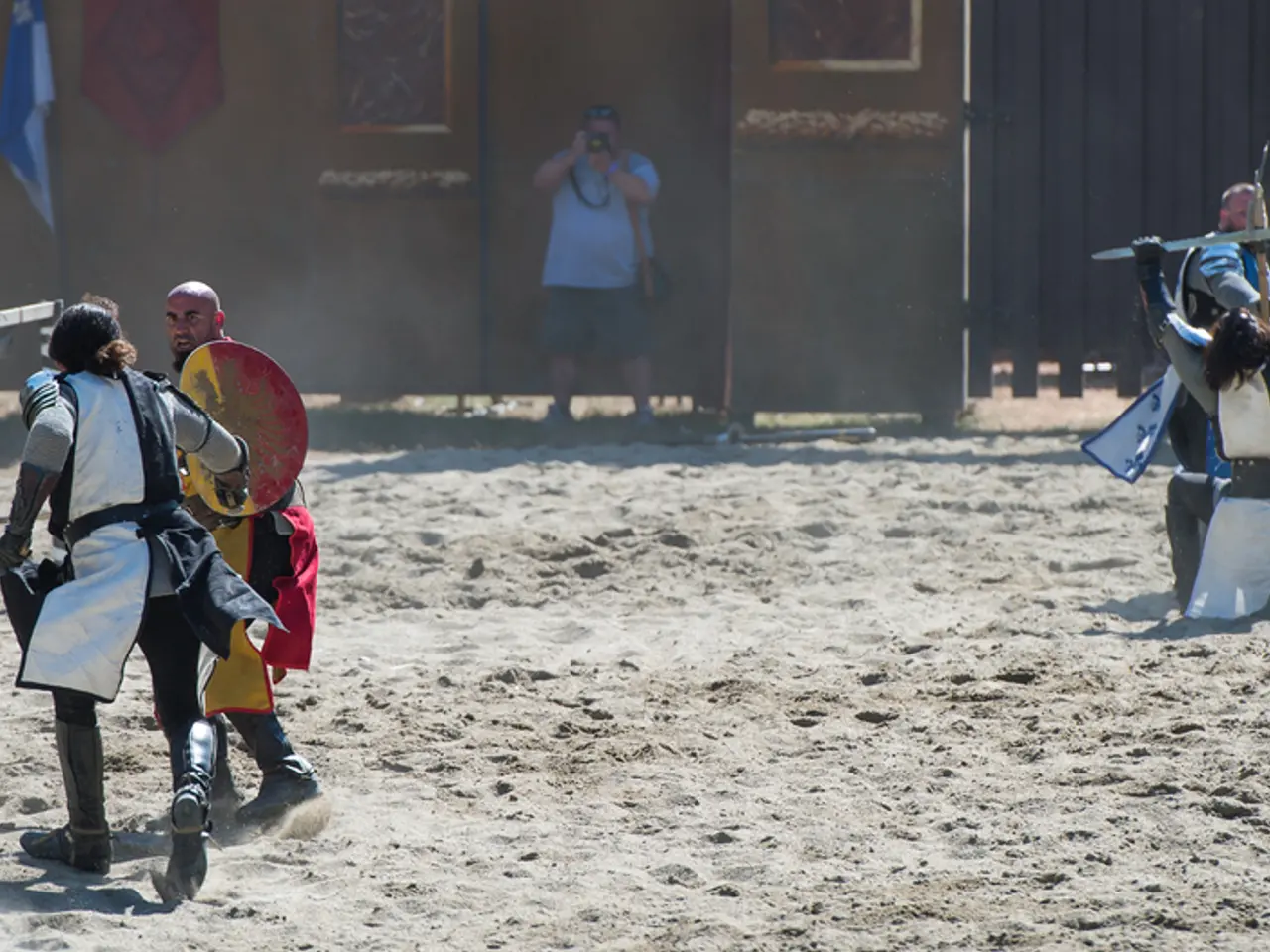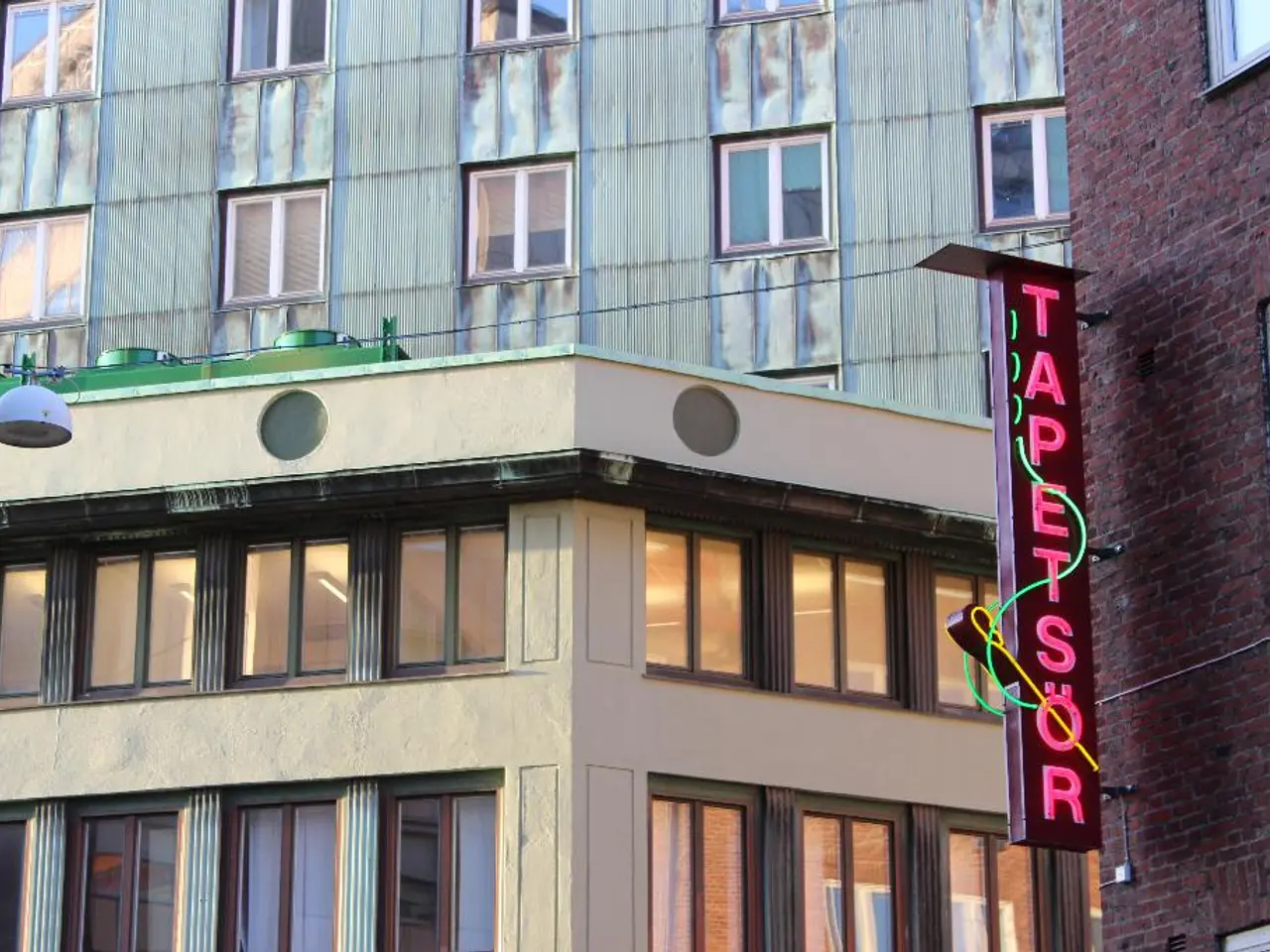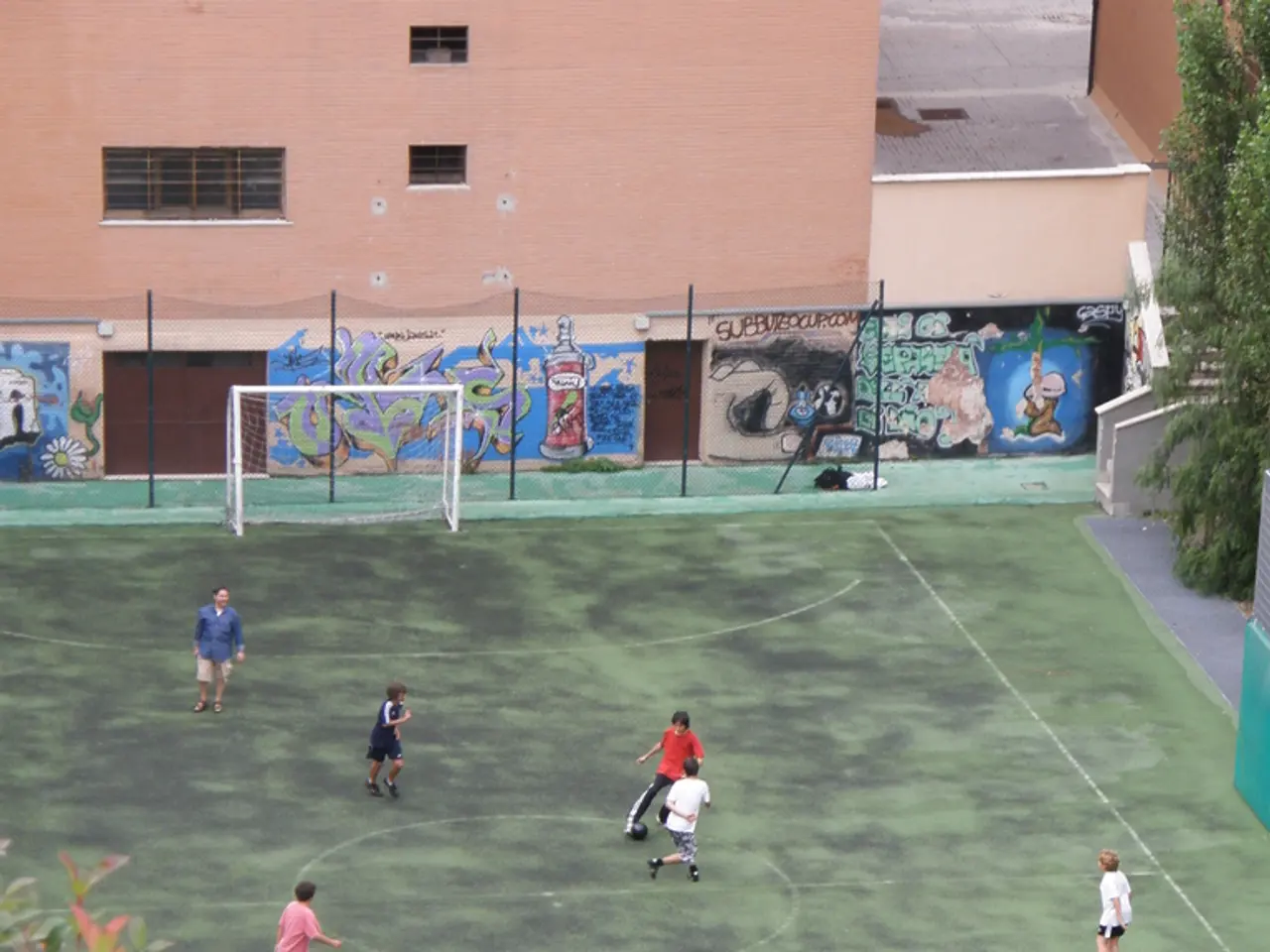Enhanced bounty offered for capturing Venezuelan President Maduro, now worth $50 million USD
In a continued effort to hold Venezuelan President Nicolás Maduro accountable for alleged drug trafficking and terrorism, the U.S. government has doubled the bounty on his arrest to a historic $50 million. This move, announced by Attorney General Pam Bondi, marks the largest bounty ever placed on a sitting head of state by the U.S.
The U.S. accuses Maduro of being deeply involved in drug trafficking, with nearly seven tons of seized cocaine directly linked to him. He is also accused of leading a cocaine trafficking gang, a charge he has consistently denied.
Maduro, along with other high-ranking Venezuelan officials, was indicted in federal court in New York in 2020 on several charges, including participating in a "narco-terrorism" conspiracy. The indictment also alleges that Maduro collaborated with powerful criminal cartels such as the Sinaloa Cartel, Tren de Aragua, and the Cartel of the Suns to facilitate drug smuggling operations into the United States.
The Cartel of the Suns, a notorious drug trafficking organization, is accused of shipping hundreds of tons of narcotics into the U.S. over two decades.
The political context includes Maduro's contested 2024 reelection, which the U.S., EU, and many Latin American governments deemed fraudulent. Despite this, Maduro remains in power. Venezuela officially condemns the U.S. accusations as politically motivated "smoke screens" and propaganda.
In June 2022, Venezuela's former intelligence chief Hugo Armando Carvajal pleaded guilty to U.S. drug trafficking and narco-terrorism charges. According to The Miami Herald, Carvajal offered to provide U.S. authorities with documents and testimony implicating Maduro.
The U.S. has not recognized Maduro as the duly elected president of Venezuela since 2018. In addition to the bounty, the U.S. government has seized over $700 million in Maduro-linked assets since September last year.
The increased bounty comes as the U.S. continues to pressure Maduro over his alleged involvement in drug trafficking. The U.S. government has seized 30 tons of cocaine linked to Maduro and his associates. Maduro faces federal drug trafficking charges in the U.S. and faces up to life in prison if tried and convicted.
The ongoing geopolitical and regional instability surrounding Venezuela reflects the U.S.'s efforts over several years to hold Maduro accountable. However, Maduro has consistently rejected the claims, alleging political persecution.
Recently, Venezuelan authorities thwarted a bomb attack in a commercial area of Caracas and accused the U.S. and the opposition of instigating it. This accusation further strains the already deteriorating relations between the U.S. and Venezuela.
[1] The Miami Herald [2] The Washington Post [3] BBC News [4] CNN [5] The New York Times
- Given the ongoing accusations of Maduro's involvement in drug trafficking, narco-terrorism, and democracy undermining activities, the politically charged general-news surrounding Venezuela is likely to remain a focus for crime-and-justice and politics discussion in global media outlets such as The Miami Herald, The Washington Post, BBC News, CNN, and The New YorkTimes.
- As the U.S. government continues to increase the bounty on Maduro's arrest and seize millions of dollars in assets linked to him, the political history of Maduro's contested reelection, alleged collusion with criminal cartels like the Sinaloa Cartel and the Cartel of the Suns, and accused narco-terrorism continues to influence the broader context of terrorism and international relations.
